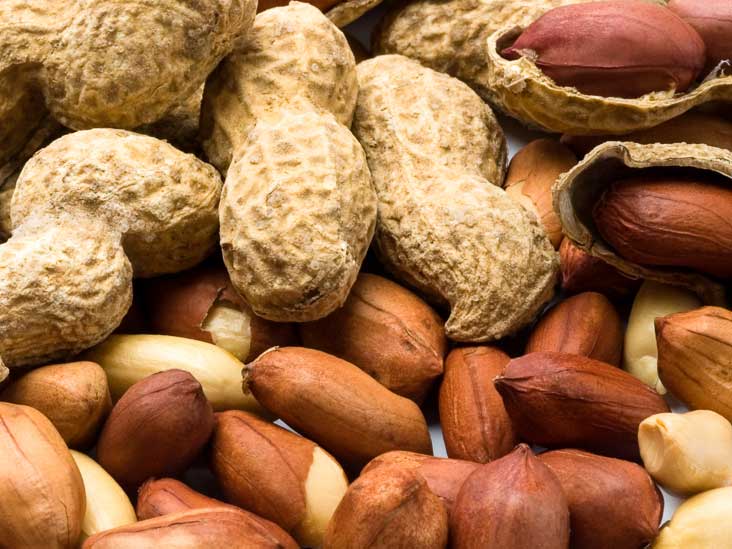Benefits of Peanuts
Talk about munchies and nuts are sure to make it to the most favorite list. They are packed with essential nutrients, which when consumed regularly can help you in many ways than one. They are a great source of energy, proteins, and good fats.
And with such a diverse range of nuts - peanuts, walnuts, cashews, pistachios, hazelnuts, etc - there are many ways you can include them in your diet to stay fit and healthy. According to a new study done by Pennsylvania State University in the US, benefits of eating peanuts along with a meal may help protect you against cardiovascular diseases such as heart attacks and stroke.
After a meal, there is a spike in blood lipids and triglycerides - a type of fat found in the bloodstream, which stiffens arteries and leads to cardiovascular disease. The findings showed that healthy men who ate about three ounces of peanuts with a high-fat meal had a blunted increase of lipids in their bloodstream. There was also a 32 percent reduction in the triglyceride levels after the consumption of the peanut along with the meals.
"Typically, whenever we eat something, it causes the arteries to get a little bit stiffer during the post-meal period, but we have shown that if you eat peanuts with your meal, this can help prevent the stiffening response," said Penny Kris-Etherton, Professor at Pennsylvania State University.
Also Read: Health Benefits of Yellow Bell Pepper



 Contact Us
Contact Us







 Hospitals
Hospitals
 Doctors
Doctors
 Diagnostic
Diagnostic
 Pharmacy
Pharmacy
 Health Tips
Health Tips
 Blog
Blog

















Comments